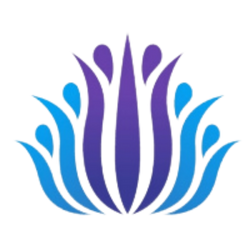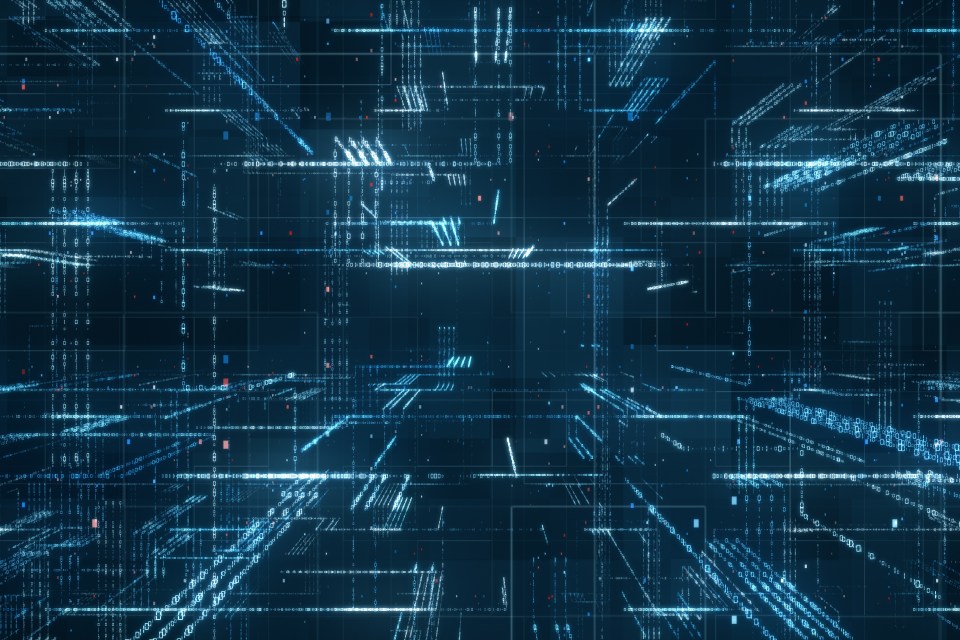I’m a health coach, by trade. I live and breathe the stuff.
When I wake up in the morning, I begin by removing my pink eye mask and my earplugs. That is to say, I sleep like a damned high-maintenance princess.
I roll out of bed and pull up a yoga exercise video. I get my breath to match the flow of my body, and somewhere between downward-facing-dog and low-lunge, I watch as my system starts to come online. Then, having primed my body to be able to sit for an extended period of time, I practice meditation.
When finished, I get up and prepare my food for the day. I make my morning smoothie. I throw some food together in my lunch box (at least 5-6 servings of vegetables get thrown into that bag…because vegetables are good for you). As I do, a podcast or an audiobook plays in the background. Proper brain fuel.
I feed my pup, pet my cat, and then prepare to walk to work. It’s only 2.5 miles or so…Why not?
When I get to work, I check in with my colleagues. We give our warm hello’s. Then I go into my office and either write curriculum on health and wellness subjects, teach on it, learn about them in webinars, or do individual sessions.
At the end of my day, I walk home, take the dog out to play, and cook myself some dinner. My beverage of choice is kombucha. My dessert is sparkling orange-vanilla water (no sugar). Maybe I follow it up with Chamomile tea.
I am a walking, talking (obnoxious) cliche.
You might be surprised to know, however, that health was not always my first priority or value. When I went to college in 2004, I was coming fresh out of the 2001 tragedy of 9/11 and the subsequent wars that followed. Naturally, then, I found myself majoring NOT in nutrition or dietetics or health. Instead, I gravitated to politics and economics. I wanted to understand the world I lived in. I wanted to understand how the power play within and amongst nations influenced our everyday lives. In understanding it, I believed I would feel more empowered to participate in it, and maybe even help to improve it.
It was fascinating. I enjoyed learning about it. But I confess…it was not empowering.
Studying the history of how politics and economics have shaped (and continue to shape) our lives revealed only that there are so many forces seemingly beyond my control that any hope at changing it seemed laughable. The conversations we are having today about how to organize ourselves to optimize the quality of life for the most amount of humans? Those conversations haven’t really changed that much. Or…at least…that’s how I felt by the time I was preparing to graduate in 2008.
It’s worth noting, too, that during my undergraduate years, my stepdad…a man I had grown close enough to that I considered him to be a second father was diagnosed with stage 4 lung cancer. I watched as he who seemed unflappable and indestructible withered away into a skeletal version of himself. I watched him disappear.
Before that point, I had been interested in health policy. I was passionate about getting health insurance access to people in this country. But my stepdad had the best insurance and the best health care one could hope for. My Mom was left with no medical bills to pay. We were extraordinarily lucky.
He still died.
I think that was part of what pushed me into thinking about what mattered to me, and how I wanted to spend my time. I realized that having good health insurance doesn’t make us stop being sick. It just makes being sick suck a little less.
So, instead, I shifted gears and got a master’s degree in health education.
Flash forward to today…
When the Pandemic first hit the US border, my first reaction was…confusion. It honestly didn’t seem like THAT big of a deal. Because it wasn’t. Yet. Then Italy got ravaged by it. Suddenly our own country appeared to be coming apart at the seams. What’s this? New York is falling to its knees? New-fucking-York?!? You have GOT to be kidding me.
My job as a health educator shifted away from its usual role of getting in front of people and advising them on lifestyle changes. Instead, I began taking shifts on a community coronavirus hotline to help field questions about what this thing was, where to get tested, and what the policy measures were. Fielding questions meant I would need to be informed. Staying informed meant getting back into the mess of mainstream media.
And oooooh what a mess. I watched my panic rise as the numbers did. I watched my system get activated by the talking heads all frothing at the mouth and ready to assign blame. I watched as the stock market took a dive, and as unemployment stats went up to alarming rates. I watched as civil unrest increased.
Clearly, we were headed for the end of the world. At least…that’s what my nervous system seemed to think.
And then…I stopped. I remembered that mainstream media’s job isn’t just to inform, but to keep me watching. They didn’t want to soothe me. They wanted to captivate me. So I shifted gears, again, and only began taking in data from direct sources. I stopped tracking the “news” and went directly to public health pages from sources like Johns Hopkins. As soon as the clock struck the hour for me to go home, I would tune out of social media, news, public health data. I’d go home. Call my family. Cook myself some dinner. Pet my dog. Snuggle with my cat. Life continued to be, for the most part, manageable.
This has been the dance I have engaged in for these last four years. I retreat away from the news, from social media, from anything that could connect me to the schizophrenia of our culture…and then I creep back in to take a peek at what is happening.
As I write this, it is July of 2020. It’s an election year. It’s a year that has forced MANY changes upon us. To “tune out” feels, on some level, irresponsible. It feels like a copout.
But then again…is it? That’s what I’m not entirely sure about. Just what IS the appropriate amount of information to take in? What sources should we rely on? When I stop focusing on the news and take a look at my life as it is, things look, on the whole, pretty good. Sure, it could change at any time. But wasn’t that always true? But then again…is my retreating from the news the equivalent of burying my head in the sand?
McLean Hospital put out what I would consider to be a helpful article on this topic: How Much News is Too Much News? In it, the author explains that staying informed CAN be helpful, but only when we are discerning about the information we take in. For example, getting information about how we can and should change our behavior (wearing masks, washing hands, etc.) can be extremely helpful. Checking to see the latest Covid Case numbers is decidedly less so.
Alan Levinovitz, meanwhile, spoke to our relationship to social media (and to how we engage in conversation more broadly) on a podcast with Joe Rogan. The two commented about how social media algorithms are not inherently “bad.” They are simply designed to give us more of what we seem to enjoy. So if we seek positive and helpful sources of information, our feed will populate more of that style of information. This only lends further credit to McLean’s article which encourages us to be choosy about what we “follow.”
In short, then, staying informed is a good idea…so long as we are discerning about what we choose to take in. In the short term, we might think that by constantly checking news feeds and political polls will give us a measure of control. That’s certainly what I thought would happen when I majored in politics and economics at the age of 18. It doesn’t. Just as I discovered that understanding the mechanisms at work in politics does not, in and of itself, empower me…we are discovering, on a macro level, that knowing every little detail about covid-19 and the how of it’s appearance on our shores and the whys of who is to blame does not empower us as a nation. Not on its own.
This is not to say that tuning out ALL information is the most logical step. Rather, it is more to say that we need to be careful about what information we choose to take in.
More specifically, McLean’s article advises the following:
So the next time you start feeling overwhelmed…stop. Take a breath. Get quiet. Unplug. Retreat for a moment so that you can respond appropriately to what is directly in front of you (rather than reacting to what the outside world is thrusting upon you).
Once you have your bearings, and you feel your capacity come back online, only THEN should you rejoin the world of information sharing. And when you do…be selective with what you invite back in.
I’d love to hear from you. What sources of information do you find helpful during this time? What are sources that you find only drain you of your resources?

